Muş
WELCOME TO Muş
Province Overview
Muş
8,196 km2
406,886
Turkish
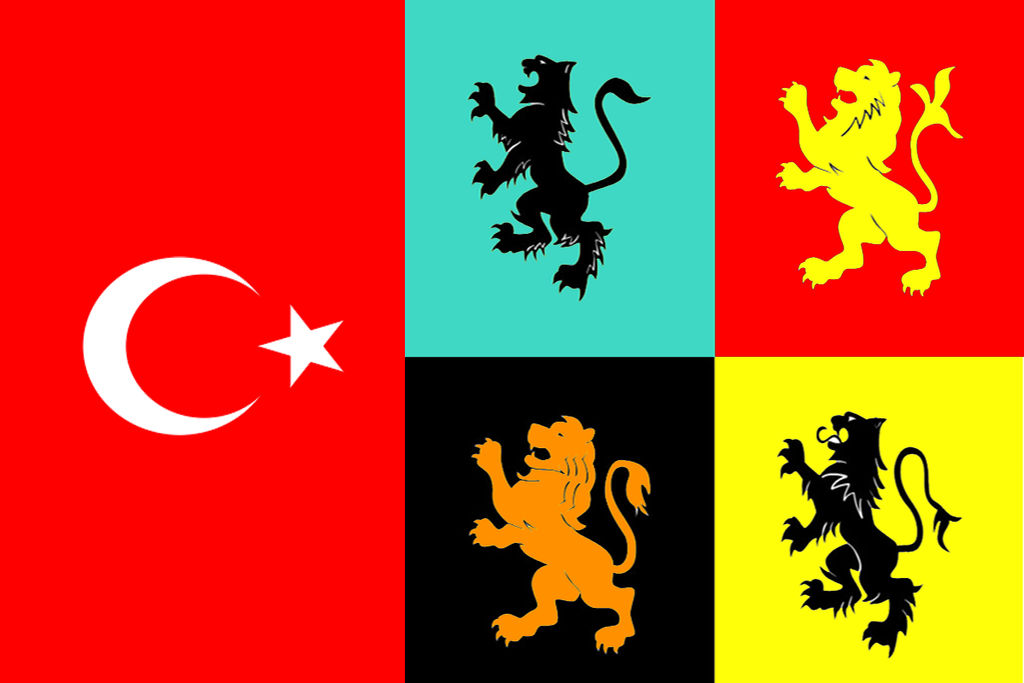
Popular
Geography and Tourist Attractions
Information about the province's tourist attractions, including popular destinations, events, and activities.
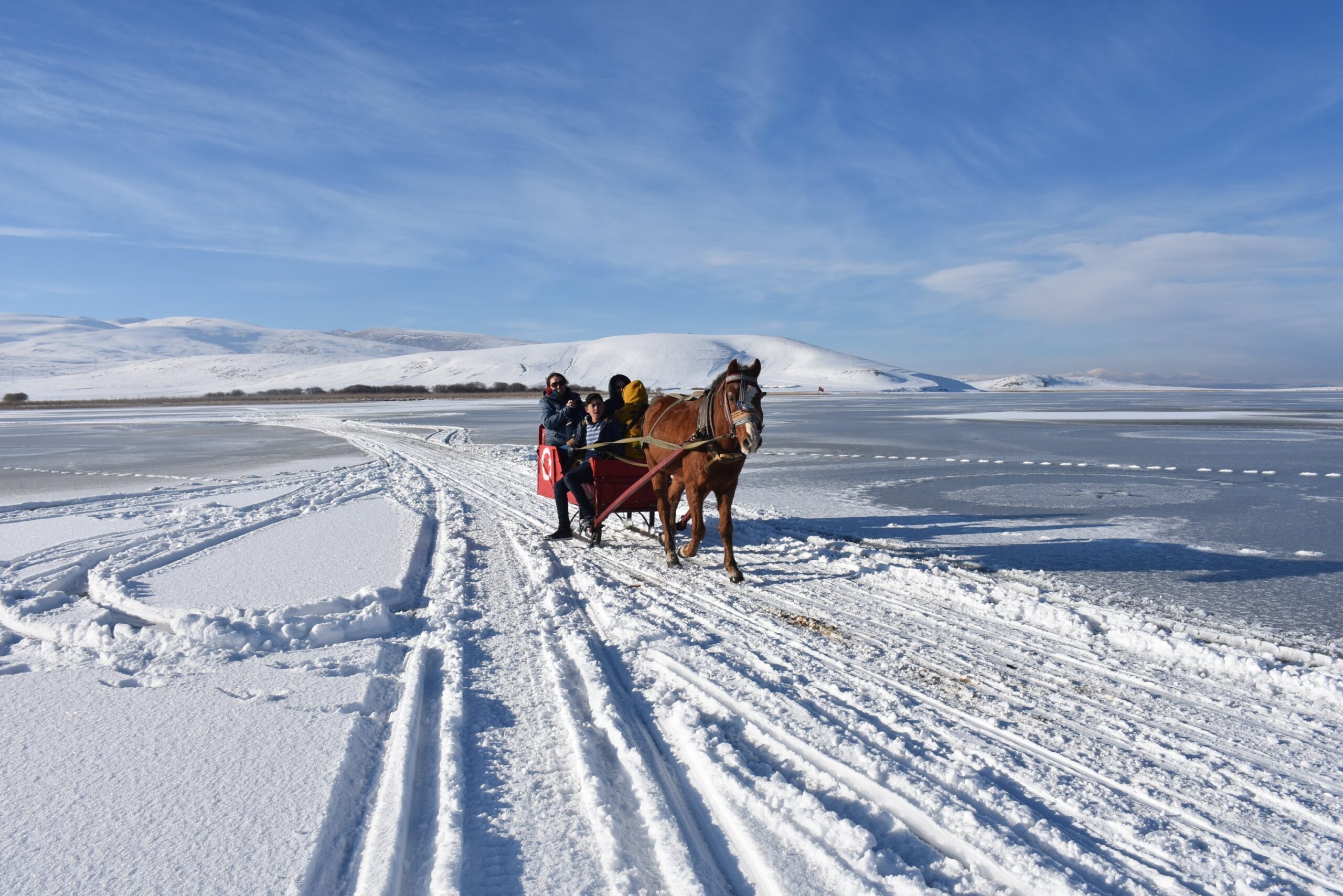
Lake Çıldır
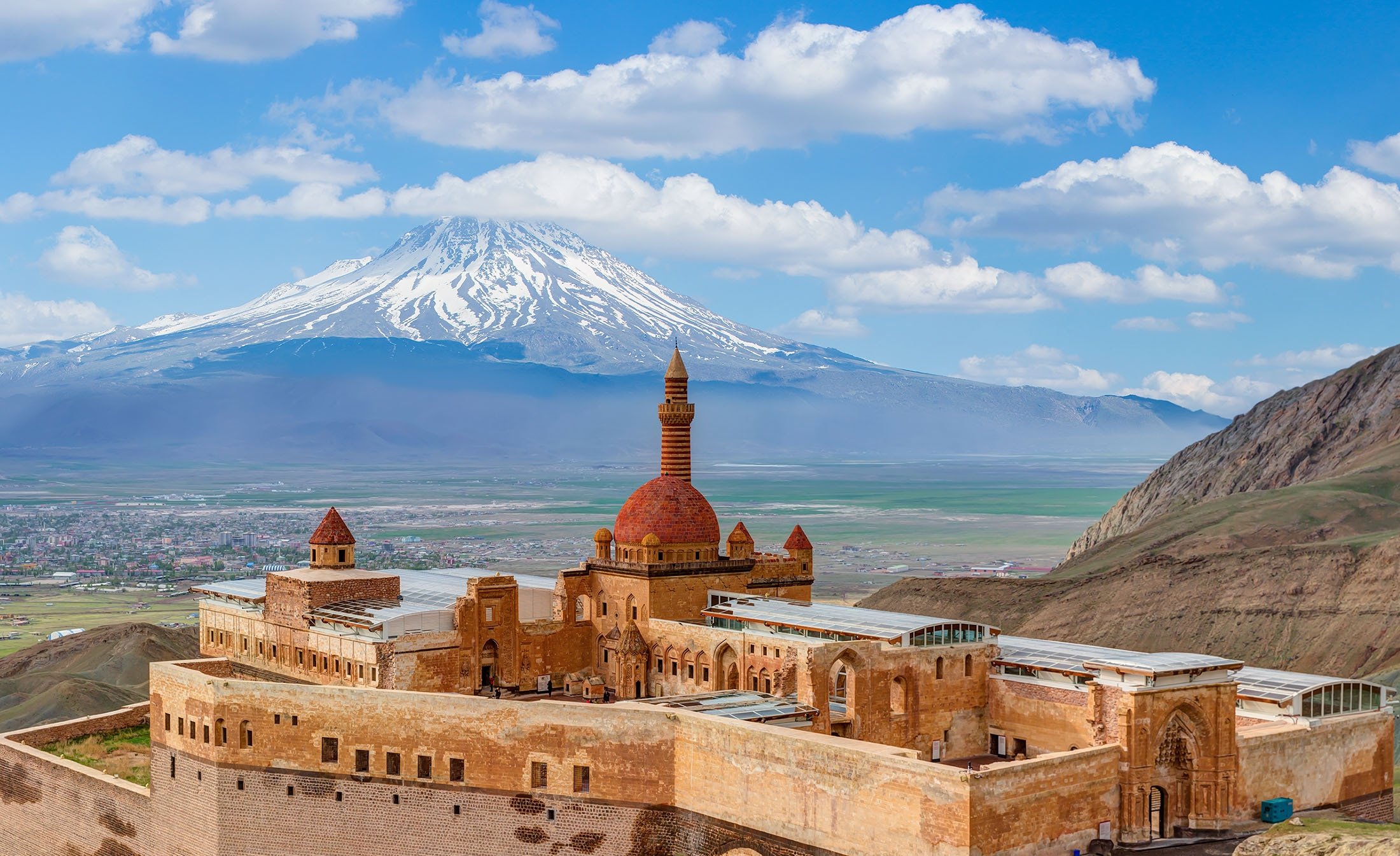
Ishak Pasha Palace
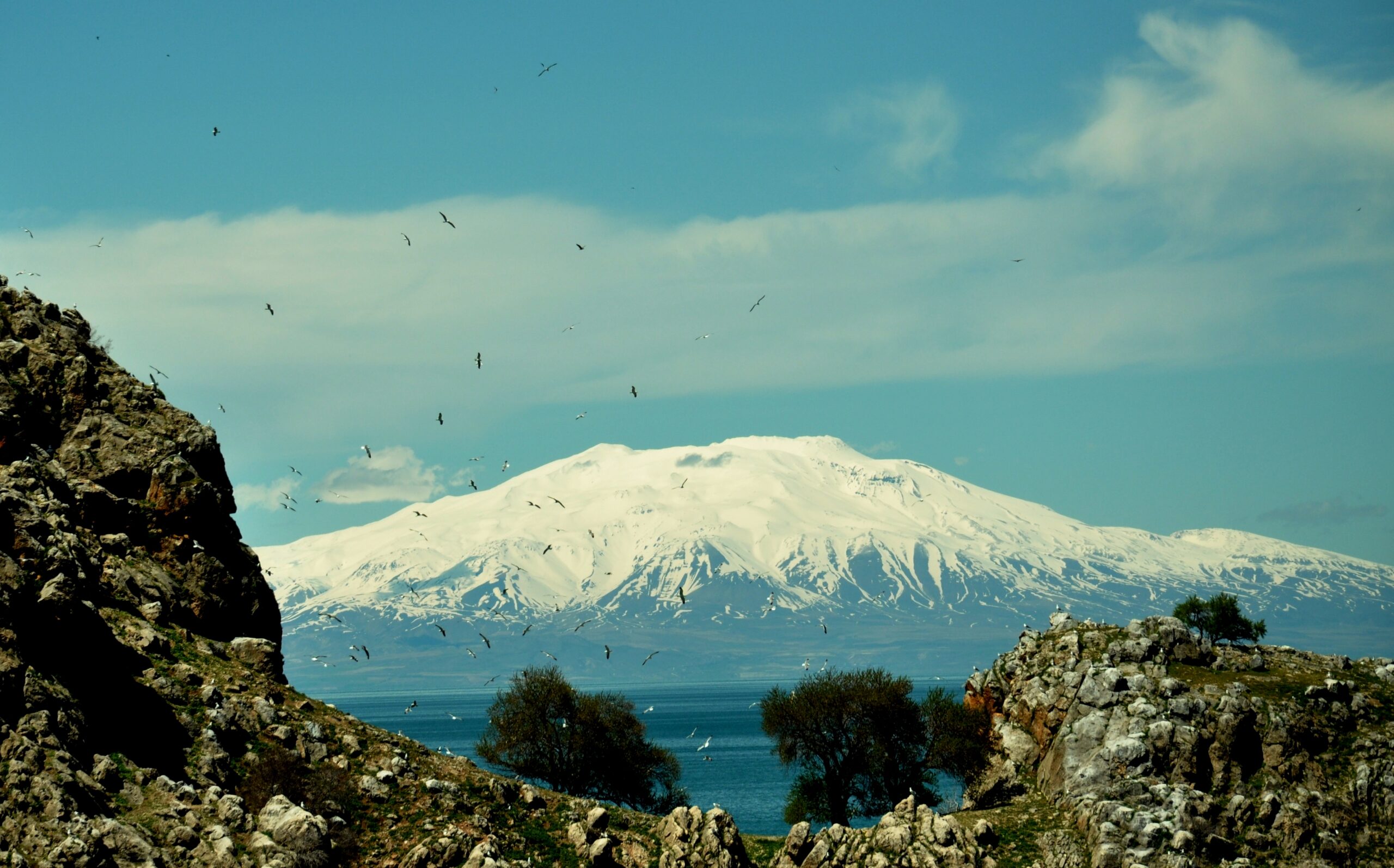
Süphan Mountain
Political
Economy and Government
The economy of Muş province in Turkey relies on various sectors, including agriculture, livestock farming, and small-scale industries. Agriculture plays a significant role, with the cultivation of wheat, barley, legumes, and fruits such as apples and cherries being prominent. Livestock farming, especially sheep and cattle, contributes to the local economy. The region's rich mineral resources, including iron, copper, and chrome, also contribute to the economic activities.
In recent years, efforts have been made to diversify the economy by promoting tourism and small-scale industries. The natural beauty of the province, including attractions like Lake Çıldır and Süphan Mountain, holds potential for tourism development. Additionally, the government has taken initiatives to support entrepreneurship and attract investments in sectors such as textiles, food processing, and furniture manufacturing.
The governance of Muş province follows a hierarchical structure under the administration of a governor appointed by the central government. The governor is responsible for overseeing the implementation of policies and ensuring the smooth functioning of public services. The province is further divided into districts, each with its own mayor and local government, responsible for addressing local issues and providing essential services to the residents.
Overall, Muş province's economy is driven by agriculture, livestock farming, and small-scale industries, while the government works towards promoting tourism and attracting investments to stimulate economic growth and improve the quality of life for its residents.
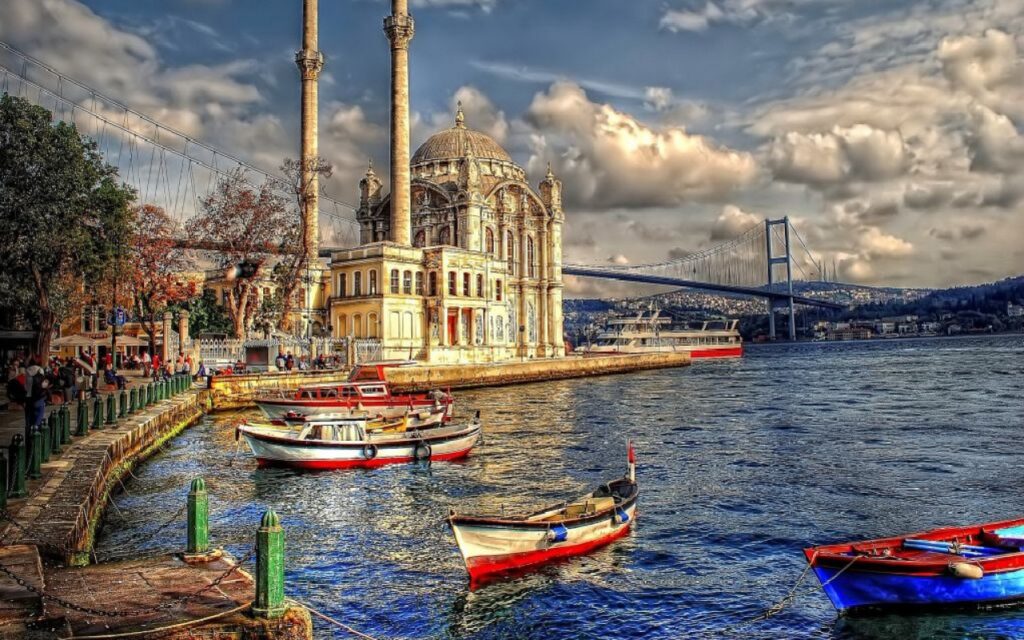
History
History and Culture
Muş, a province in Turkey, is rich in history and culture. Its roots can be traced back to ancient times, with evidence of human settlements dating back to the Paleolithic era. The region has witnessed the rise and fall of various civilizations, leaving behind a diverse cultural heritage.
Muş played a significant role during the Urartian Kingdom, a powerful Iron Age civilization. Ruins of their fortresses and temples can still be found, offering a glimpse into their advanced architectural skills. The province also served as a crossroads for trade routes, fostering cultural exchanges between different civilizations.
The local culture of Muş is deeply influenced by its Kurdish population. Traditional music, dance, and cuisine reflect their distinct traditions and customs. Festivals, such as the Newroz celebration, showcase the vibrant cultural fabric of the region.
Muş is also home to natural wonders like Lake Çıldır and the Bingöl Mountains, offering breathtaking landscapes for outdoor enthusiasts. Exploring the province allows visitors to immerse themselves in a blend of history, culture, and natural beauty, creating a unique and memorable experience.
HOTELS

Grand Mus Hotel

Mus Polat Hotel
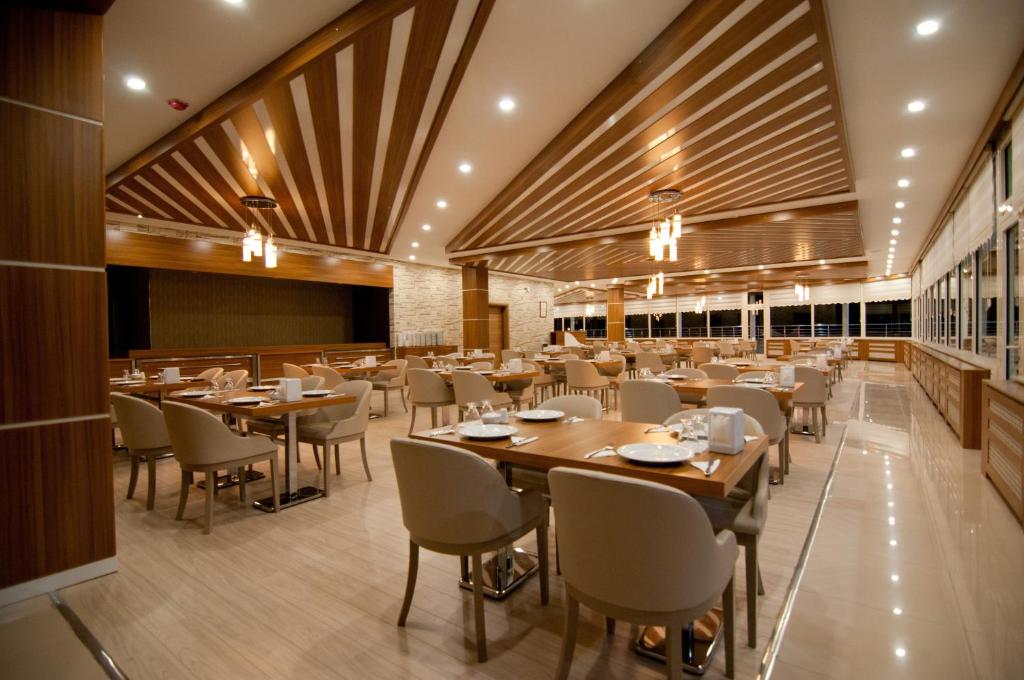
Muslum Park Hotel
RESTAURANTS
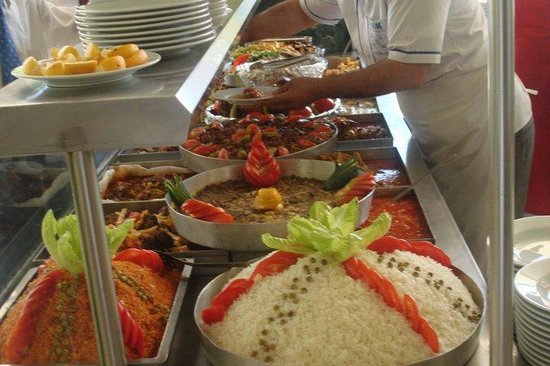
Ovası Restaurant

Gülizar Restaurant

